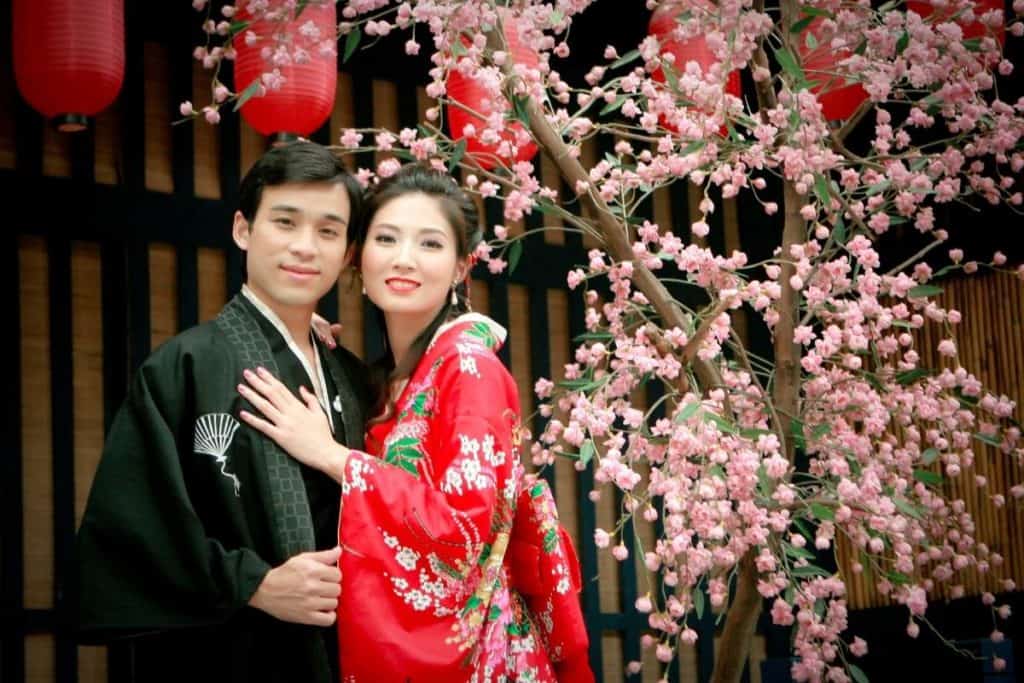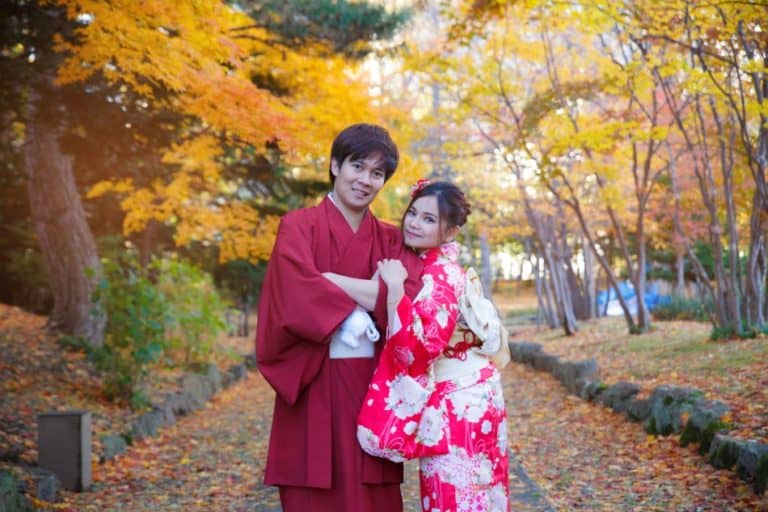Can You Marry Your Cousin In Japan? Here are the Facts!
It’s been said that nobody can choose who they fall in love with. But what if you fall in love with your cousin?
That could be problematic in some countries, especially if the two of you desperately want to get married. If you’re Japanese, what does the future hold? Can you marry your cousin in Japan?
Consanguinity, or marriage between cousins, is still permitted in Japan. It is no longer as common today as in yesteryear when it frequently occurred in arranged marriages, possibly to keep their wealth in the family, prevent cultural values from dying out, or keep family ties strong.
Though you are free to marry even your first cousin in Japan, freedom in this regard cannot be said to have started a trend.
And again, although you can hook up with your cousin, should you? If marriage is the ultimate goal, you should consider all the facts carefully.
Present-Day Cousin Marriage In Japan

Although still legal in Japan, marriage between cousins sharply decreased from approximately 1967. Numerous factors have influenced this change:
- Families have become significantly smaller, leaving the youth with far fewer possible mates within the family circle, including cousins. Promoted family planning has affected this too.
- Modern transportation has made travel to previously isolated areas attainable, allowing a new mix of people to flow in and out of the community.
- Industrialization has motivated many unmarried young people to move to bigger cities, where they can meet many unrelated potential partners.
- Education has taught the modern generation that consanguinity can cause serious congenital disabilities in their offspring.
The History of Cousin Marriage in Japan
Japan has a history of consanguinity, but this has decreased radically since the Second World War. In a study done regarding genetic diseases in Japan, cousin marriage was linked to the following factors:
- Location or geography
- Culture and traditions
- Local history
- Their social and economic standing in the community
- Religion
Japan is isolated from its neighbors with steep mountains creating small, isolated communities where the population became inbred and developed their own cultures and unique gene pools.
Few people migrated to these remote areas, so the community continued to practice consanguineous marriage with very little fresh blood.
Another factor that perpetuated marriage between cousins in Japan is pride in their heritage and traditions.
People living in a village called Arikara were very proud of their royal heritage and did not want to pollute their lineage by mixing with commoners.
Kurodani village inhabitants would not marry outsiders because they wanted to keep their paper-making techniques a secret.
Historical events and natural disasters like fires, floods, and famine have affected the inbreeding in Japanese villages as few people enter or leave the villages during such times.
Families encouraged young people to marry their cousins to avoid their wealth and property flowing outside the family circle.
It also maintained family bonds and kept the young people from moving away from their families, which would leave their families with empty nests!
Before the Meiji Restoration, Japan had a stratified class system consisting of the nobility, the lowly, and the military caste.
People were not permitted to marry outside their social class. This led to some people marrying their cousins.
Different religions or sects tended to keep to themselves, leading to familial marriage and inbreeding.
The Risk Involved When Marrying A Cousin

Nowadays, it’s common knowledge that marrying close family members like cousins comes with a higher risk of congenital disabilities in children born from these marriages.
This is why it is discouraged and sometimes illegal in many countries.
First cousins have 12.5% of their DNA in common. A child born from a consanguineous marriage will share many similar genes.
Where parents are not related, and one parent provides a defective gene, the chances are that this will not affect the child if the other parent has an entirely different set of genes.
The children of first cousins have a 4-7% risk of congenital disabilities, while those born from parents with dissimilar genes only have a 3-4% risk.
It is not a huge difference in risk, but the problem would escalate once those children began to marry their first cousins. They would share more DNA and have a greater chance of bearing children with congenital disabilities.
Common Birth Defects Resulting From Cousin Marriage
When a married couple shares a common ancestor, the chances of having the same gene abnormalities are increased. The risk of defects and genetic diseases include:
- Cleft lip and palate
- Extra fingers and toes (polydactyly)
- Spina Bifida
- Congenital heart disease
- Certain hereditary cancers can develop later in life
- Diabetes
- Some psychiatric conditions can be inherited.
Other Famous People Who Married Their Cousins
Naoto Kan, Japan’s Prime Minister, served between 2010 and 2011, was married to his first cousin, Nobuko. His mother is the sister of Nobuko’s father.
The couple’s parents opposed the marriage because of their close family ties, but they went ahead with the marriage and had two sons.
Aside from the former Japanese Prime Minister, many well-known people have also married their cousins. These consanguineous marriages span several centuries.
- Albert Einstein
- Rudy Guiliani
- Queen Elizabeth and Prince Phillip
- Thomas Jefferson
- Henry VIII & Catherine
- Queen Victoria and Prince Albert
- Edgar Allan Poe
- H.G. Wells
- Charles Darwin
- Jesse James
- Jerry Lee Lewis
- Marie Antoinette and Louis XVI
- Kevin Bacon
Conclusion
If you’re Japanese and desperately in love with your cousin, you can marry them.
Though more common in days gone by, consanguineous marriage is becoming more frowned upon because of the risk of congenital disabilities that could arise in children from these unions.
Most people can do without the extra romantic drama, so I suggest looking elsewhere for love.
References
- https://en.wikipedia.org/wiki/Cousin_marriage
- https://www.popsci.com/marrying-cousins-genetics
- https://www.jstor.org/stable/41464344
- https://foreignpolicy.com/2010/06/08/japans-prime-minister-is-married-to-his-first-cousin/
- https://onlinelibrary.wiley.com/doi/pdf/10.1111/j.1469-8749.2003.tb00959.x
- https://www.eurekalert.org/news-releases/508067
- https://www.therichest.com/world-entertainment/15-famous-people-who-married-their-cousins/






